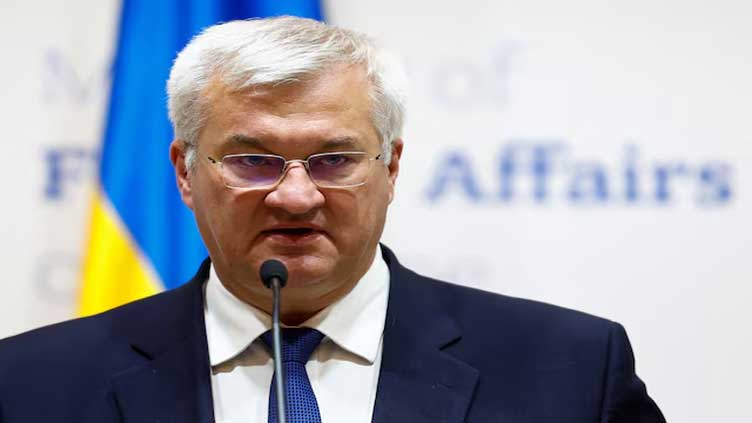Ukraine says Russia is planning strikes on nuclear facilities

World
Ukraine says Russia is planning strikes on nuclear facilities
KYIV (Reuters) - Ukraine's foreign minister said on Saturday that Russia is planning strikes on Ukrainian nuclear facilities before the winter, and urged the UN's nuclear watchdog and Ukraine's allies to establish permanent monitoring missions at the country's nuclear plants.
"According to Ukrainian intelligence, (the) Kremlin is preparing strikes on Ukrainian nuclear energy critical objects ahead of winter," Foreign Minister Andriy Sybiha wrote on X.
"In particular, it concerns open distribution devices at (nuclear power plants and) transmission substations, critical for the safe operation of nuclear energy."
Sybiha did not elaborate on why Kyiv believed such strikes were being prepared.
There was no immediate comment from Moscow.
The UN's nuclear watchdog, the International Atomic Energy Agency (IAEA), did not immediately respond to a request for comment.
The Ukrainian president's chief of staff, Andriy Yermak, called for a swift global response to the purported threat of a strike on a nuclear facility.
"This is preparation for a possible nuclear disaster scenario. Russia is a terrorist," he wrote on Telegram.
"They must be stopped here and now. The countries of the West and the Global South must react harshly to preparations for terror."
Russia has been waging an aerial bombardment campaign on Ukraine's power grid since autumn 2022 after invading the country earlier that year.
It has damaged or destroyed most of Ukraine's thermal power generating capacity and has sometimes hit dams, but has not yet struck any Ukrainian-controlled nuclear facilities.
Ukraine has previously accused Russia of nuclear blackmail after Russian forces occupied the Zaporizhzhia nuclear power plant, Europe's largest, in March 2022, early on in the invasion.
Moscow denies that allegation.
Both sides have regularly accused each other of shelling areas next to the plant, which has on several occasions cut power lines to the plant, increasing the chance of a blackout that could cause a nuclear accident.
IAEA head Rafael Grossi has visited Ukraine and Russia several times throughout the war and has urged the sides not to engage each other near nuclear facilities.
"I think it is always a risk when there is a possibility of an attack on a nuclear power plant," he said on a visit to Kyiv at the beginning of September.


